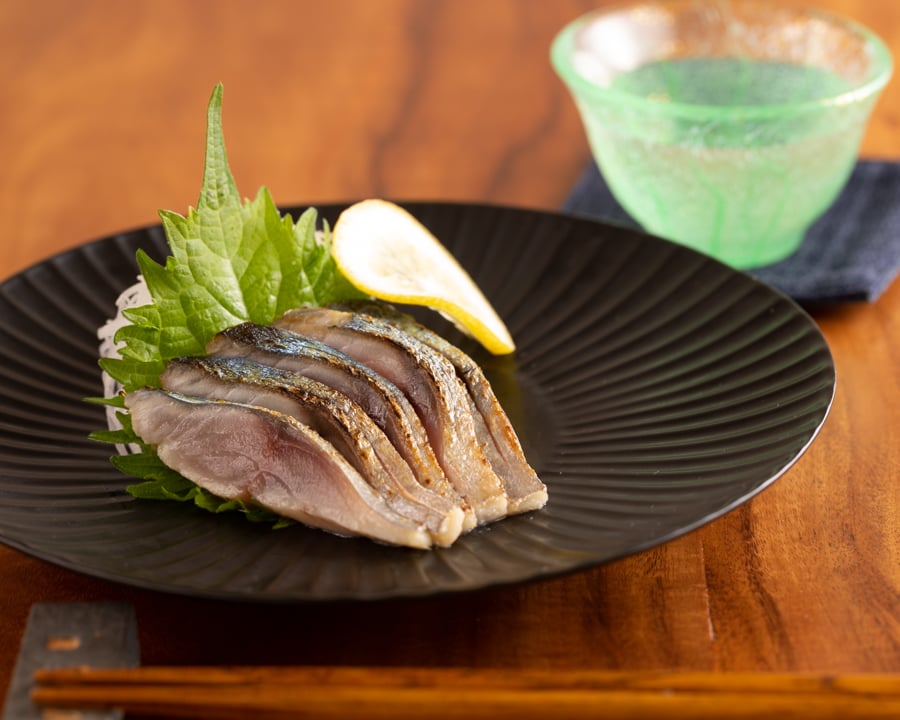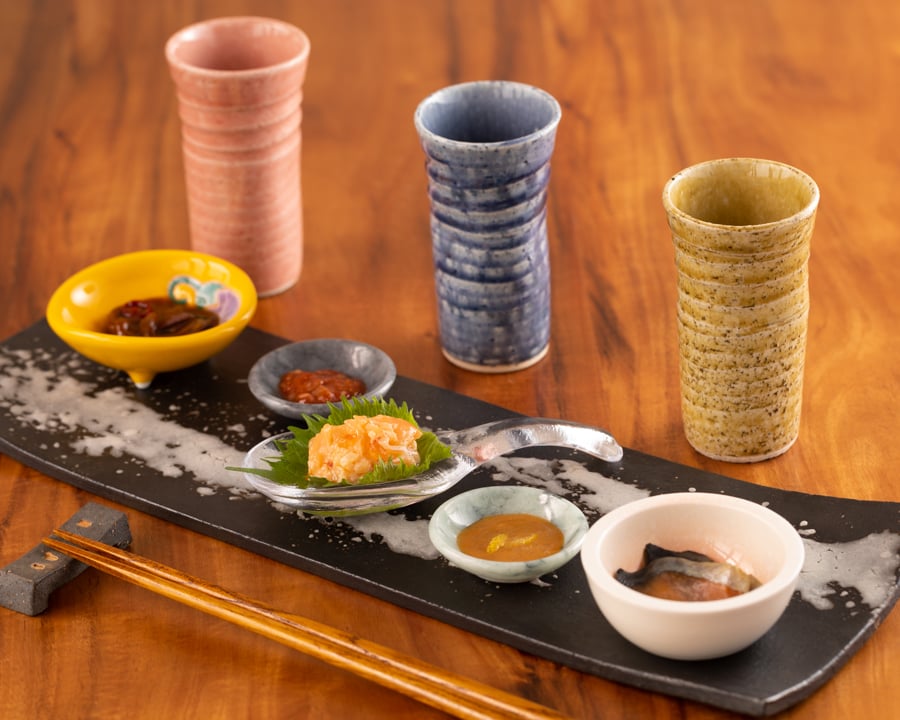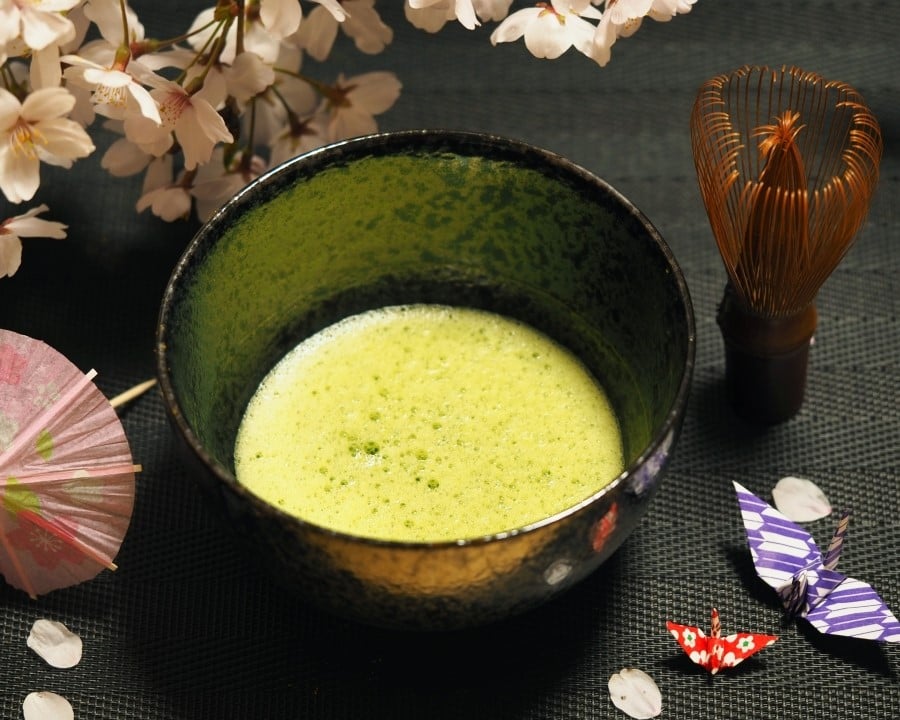

When entertaining important foreign guests, we want them to enjoy Japanese food culture.
However, many foreign customers with different food cultures are concerned about what kind of Japanese food is best for them, and whether there are any cautions in choosing a Japanese menu.
Therefore, in this article, we have picked out ingredients that require attention when entertaining foreign guests at Japanese restaurants.
We will also introduce Japanese food menus recommended for entertaining foreigners and Japanese food that attracts the attention of foreigners.
Reasons to be careful when entertaining foreigners at Japanese restaurants

First, let us know “why we need to be careful” when entertaining foreigners at Japanese restaurants.
When entertaining foreigners at Japanese restaurants, the following points should be considered.
- Religious Reasons
- Reasons due to personal health purposes or ideology
- Because some people are allergic to
- Because some foods are unfamiliar to foreigners
When entertaining foreigners with different cultures and beliefs from our own, it is important to know why you need to be careful with Japanese food, as this will help you understand the culture of the foreigner you are entertaining.
Knowing the culture of the foreigner you are meeting is important for smooth communication in entertainment, so take this opportunity to deepen your understanding.
There are foods that cannot be eaten for religious reasons.
Some foreigners cannot eat certain foods for religious reasons.
Although only a small number of Japanese follow a religion with dietary restrictions, it is estimated that about 30% or more of the world’s population follow a religion with dietary restrictions.
About one-third of the world’s population, or one in three people, has dietary restrictions for religious reasons, so there’s a good chance that the foreigner you’re dating also fits the bill.
For example, Muslims, many of whose adherents are in the Middle East region and Asia, are notorious for their prohibition of pork and alcohol.
In addition, many people avoid animal products such as beef and pork in Hinduism, which has many followers mainly in India, and in Judaism, which has many followers in Israel and the United States, eating fish without fins or scales is forbidden.
Therefore, it is important to choose a Japanese menu for entertaining according to the dining style of the foreigner you are meeting.
However, dietary restrictions may be different in different countries even if they follow the same religion.
Be sure to find out in advance what dietary restrictions the foreigner you are meeting has.
Some foods are inedible because of dietary habits.
Some foreigners restrict their diet for reasons other than religion, for personal health purposes or ideology.
Typical examples are “vegetarians,” who do not eat meat or fish, and “vegans,” who do not eat any animal products.
More recently, there are also “pescatarians,” who do not eat meat but eat seafood, and “frutarians,” who eat mainly fruits and other foods.
Many foreigners are concerned about environmental issues and animal welfare, so be careful when choosing topics of conversation when entertaining guests.
Imagining the background of why people eat the way they do will be helpful not only in choosing Japanese food, but also in communicating with foreigners.
Some foreigners have allergies.
Like the Japanese, some foreigners are allergic to certain foods.
In particular, Japanese food should be careful with soba, and in fact, many foreigners overseas are unaware of the existence of soba allergy.
Allergies can be life-threatening, so be sure to check before choosing Japanese food.
Some restaurants may indicate allergies, or you may be able to consult with them about ingredients.
Some ingredients are unfamiliar to foreigners.
Some foods that are common in Japan are unfamiliar to foreigners.
Have we Japanese ever been surprised by the local cuisine when we travel abroad?
Imagine, for example, the famous French dish escargot.
Even though they are edible, some Japanese must be reluctant to eat snails.
As a matter of fact, I had an experience when I was talking with an Italian friend and told him that “tongue” is famous in Japan for yakiniku (grilled meat), and he scared me by saying, “I can’t believe you eat cow tongue…”.
Of course, some foreigners can enjoy eating unfamiliar foods as a cultural difference, but be aware that some foods may cause resistance in some people.
What foods need attention when eating with foreigners?

Let’s take a look at some typical examples of foods that require attention when eating with foreigners.
alcoholic beverages
Some Muslims and some Christians do not drink alcoholic beverages.
Furthermore, some people are strict about not even being present at drinking parties, so be careful about serving alcohol.
Even foreigners who have no dietary restrictions on alcohol may be unfamiliar with sake or shochu, and may say, “I would like to try sake or shochu, but I don’t know which brand would suit my palate.
In fact, when I took my British friend to a store with a wide selection of sake, I had a hard time choosing the right brand because I could not convey the nuances of sake, such as dry or sweet.
What helped me at that time was a “tasting set” that allowed me to drink two or three brands in small quantities.
Since the amount of sake poured into a glass is small, it is less burdensome if the sake does not suit one’s palate (many foreigners are also very considerate, saying that they must drink all of it since it was recommended to them). As a result, my friend was pleased to learn the difference between dry and sweet sake by comparing the different drinks.
If you drink sake or shochu even when entertaining guests, it is recommended to check if such a tasting set is available.
Beef and pork
Note that many foreigners have dietary restrictions on beef and pork.
For example, Hindu, Muslim, vegetarian and vegan people often have dietary restrictions on beef and pork.
In particular, Islam is one of the religions with strict dietary restrictions, and there are some foods that cannot be eaten unless they have been processed in accordance with Islamic doctrine.
Furthermore, not only the ingredients, but also the kitchen and utensils used to prepare the food must conform to Islamic doctrine.
Recently, there are some restaurants in Japan that offer “halal certification” for Muslims, which means that they offer a menu that Muslims can eat, so please take advantage of this.
Halal certification has the following three levels, with Level 3 being the restaurant that has passed the strictest standard of certification.
- Muslim Friendly (Level 1)
…restaurants that are willing to work on halal compliance “to the extent that the restaurant is able to do so”. - Halal certification for domestic use (Level 2)
…Shops with halal certification for domestic use, accredited by a specialized certification organization. - Halal certification for overseas (Level 3)
…Shops that have received Halal certification from overseas certification organizations that have stricter standards than those in Japan.
However, some Muslims are “concerned about pork and alcohol, but not about the rest,” so it is advisable to check the extent to which the diet is restricted.
Vegetarian and vegan restaurants also have Japanese menus that do not contain beef or pork.
Raw foods such as sashimi and raw eggs
Raw foods such as sashimi and raw eggs, which are commonly eaten in Japan, are unfamiliar to foreigners and some are uncomfortable with them.
Sushi is very popular in foreign countries these days, so you may be familiar with sashimi, but many foreign sushi restaurants use chicken or avocado instead of raw fish as a substitute for the ingredients.
Therefore, if you receive a request for sushi from a foreigner, be sure to ask if you can eat raw fish, as the foreigner may be imagining sushi such as California rolls.
Furthermore, it is important to note that “ikezukuri,” which is appreciated by the Japanese as fresh sashimi, is often considered a barbaric meal by foreigners.
In Japan, raw eggs are eaten with rice over eggs and in sukiyaki, but there are not many countries other than Japan where raw eggs are eaten.
The fact that raw eggs can be eaten is proof of the high quality and safety of Japanese eggs, but many foreigners feel that “eating raw eggs is dangerous,” so be careful.
Other raw foods such as fresh shirasu and horse-meat sashimi are also not very familiar to foreigners.
It is safe to avoid raw food unless requested by a foreigner.
Be careful about ingredients used in cooking, such as soup stock and cooking sake.
Pay attention not only to the ingredients, but also to the ingredients of soup stock and seasonings.
For example, bonito dashi is made from fish, which vegetarians and vegans are discouraged from consuming.
And mirin, a cooking sake often used in Japanese cuisine, can be taboo for Muslims because of its alcohol content.
In addition, some miso and soy sauce products have alcohol added.
Since it is difficult to have people pay attention to even seasonings in a regular restaurant, it would be safer to entertain at a specialized restaurant, such as a vegan or vegetarian restaurant, or a restaurant with halal certification.
However, some people say that they do not restrict their diet to condiments, so it is recommended that you check with your partner in advance as well.
In addition to the ingredients introduced so far, there are other ingredients that are prohibited depending on the eating style of the foreigner you are meeting, so please be sure to check and choose Japanese food menus.
What Japanese food menu do you recommend? Introducing Japanese food that attracts the attention of foreigners.

We have introduced some points to keep in mind when dining with foreigners, but if you have dietary restrictions that are unfamiliar to Japanese people, you may be at a loss as to what kind of Japanese food menu to choose.
Therefore, taking into consideration dietary restrictions and cultural differences, we introduce four notable Japanese food menus that we recommend for entertaining with foreigners.
- sushi
…Sushi is popular among foreigners, and recently more and more restaurants are offering vegetable rolls and vegetable sushi that vegans can also eat. If the ingredients are vegetables, it is easier for foreigners who do not like raw fish to eat. There are also sushi restaurants with halal certification. - tofu cuisine
…Tofu is well known in foreign countries and is popular as a healthy food. Pay attention only to the ingredients of seasonings, such as dashi (Japanese soup stock). - pork cutlet
Many foreigners are familiar with deep-fried dishes and find the crispy batter unique to Japan to be delicious. Vegan restaurants are increasingly offering this type of food, and in some cases, it is prepared with “vegemeat,” a plant-based meat-like processed food. - tempura
…Tempura is a popular Japanese food menu among foreigners. There are a few tempura restaurants that offer vegetarian menus and halal-certified tempura restaurants, so foreigners with dietary restrictions can enjoy tempura with peace of mind.
Since many foreigners usually eat Japanese food with a stronger flavor than Japanese food, it is recommended to choose Japanese food with familiar tastes, such as well-seasoned Japanese food with soy sauce or sauces, or fried food.
Also, many foreigners are not accustomed to the seiza posture, so it is recommended to choose a restaurant that does not offer seiza seating.
Summary

Entertaining foreign guests with different food cultures and religions can be a difficult task because it is difficult to know the right answer.
However, knowing the food culture and religion of the recipient can be helpful in communication when entertaining, and respecting the recipient’s food culture and religion is important for building trust.
In addition, the attitude of “imagining and caring for the other person’s situation” is good Japanese culture, and is often a major factor in gaining the trust of foreigners, so be sure to check the dietary restrictions of your partner before choosing a Japanese menu.
Recently, vegetarian and vegan restaurants and restaurants with halal certification are increasing in number, so please do not be too fussy and consult with specialized restaurants to select a Japanese menu that will please foreigners.

We are working day and night to spread Japan’s unique hospitality culture to people around the world. Please feel free to contact us for any inquiries regarding the reception and hospitality of guests visiting Japan.


